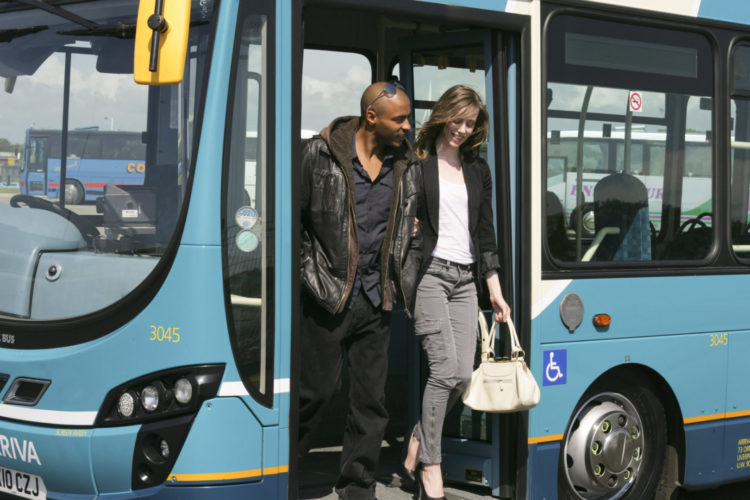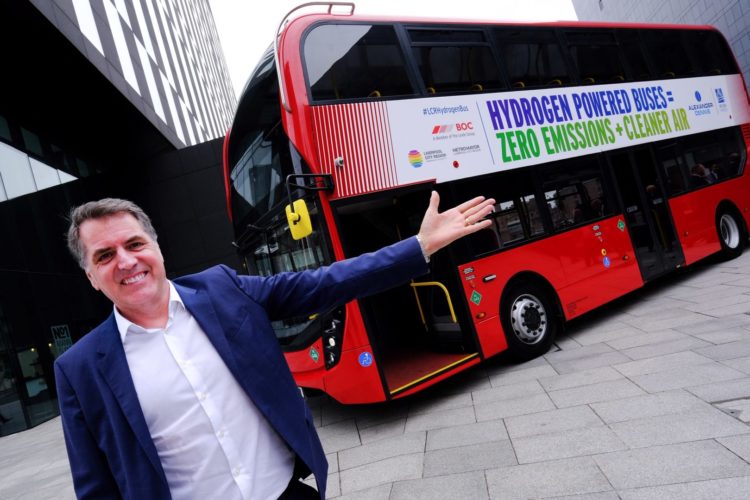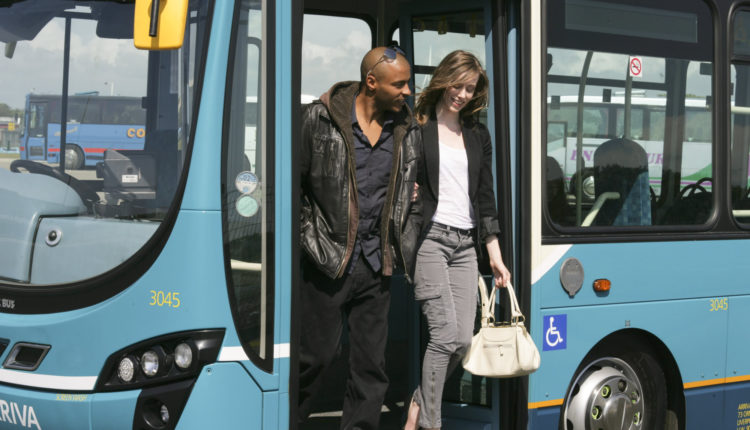All six local authorities in the Liverpool city region have approved Metro Mayor Steve Rotheram’s ambition to take full control of the local bus network. Tony McDonough reports

Lower fares and integrated ticketing with different modes of public transport will form the cornerstone of Metro Mayor Steve Rotheram’s plan to take full control of Liverpool city region buses.
At a meeting of the Combined Authority on Friday, leaders of the six local authorities voted to back Mr Rotheram’s bid to reverse the deregulation of the local bus network that was introduced by Conservative Prime Minister Margaret Thatcher in 1986.
In 1985, the Conservative Government passed legislation to allow all local bus networks outside of London to be deregulated. Merseyside’s buses were taken out of state control the following year.
This led two a period of chaos with private operators aggressively competing for passengers during the morning and evening rush hours on Liverpool’s busiest routes. At one point fleets of buses from Greater Manchester would come up the East Lancs Road every morning to compete with local operators.
This eventually settled down as the smaller operators were bought out by the bigger firms. Today the two dominant operators are Arriva and Stagecoach. However, the legacy of that change has an impact to this day with Mr Rotheram believing the system is “broken and fragmented” and too expensive.
A recommendation to confirm franchising as the preferred future model for running the city region’s bus network and services was approved unanimously by the Combined Authority on Friday. It will require Government approval to become a reality.
More than 80% of journeys on the city region’s public transport network – over 400,000 a day – are made by bus. This latest move is a key part of Mayor Rotheram’s pledge to reform the region’s transport by building a London-style system that will make travelling around quicker, cheaper, greener and more reliable.
Under the plans, buses would better integrate with other modes of transport – such as the region’s new fleet of publicly-owned trains – and ticketing would be made simpler and more convenient with the introduction of a tap-and-go system with daily fare caps that will mean passengers always pay the cheapest fare.
READ MORE: First look at new Baltic Triangle station
READ MORE: Battery breakthrough will extend Merseyrail network
Mr Rotheram said that franchising would allow passengers to enjoy cheaper, quicker and more reliable services and was now identified as the preferred option to deliver a bus network designed around the needs of local people, not private shareholders.

He added: “Good public transport is the hallmark of any modern, successful city region and buses are its backbone. Hundreds of thousands of people rely on our region’s buses every single day. They are a lifeline for connecting people in our communities with each other and opportunity.
“But too many feel left behind by a system that simply does not work for them. In too many places, public transport is too confusing, too unreliable, and too expensive. Liverpool City Centre can sometimes feel as far away as London.
“Today we have taken a massive step towards putting that right. Thanks to devolution we have the power to roll back the 1980s and reverse four decades of disastrous deregulation. We’re taking back control of our bus network and running it in the interests of local people – not private shareholders.”
The report taken before Combined Authority summarises the outline business case. It finds that bus franchising is the most favourable option in most aspects and would help deliver the region’s broader ambitions.
Bus franchising would allow the Combined Authority to specify the bus network, set fares and control fare policy. Franchising would also give the authority control over when and where buses operate in the interests of users – rather than leaving service and network decisions to private operators, who currently have the power to withdraw bus routes.
Friday’s decision triggers the next stage of the process, which includes additional work to complete the bus franchise business case and an independent assessment, before launching a public consultation.

